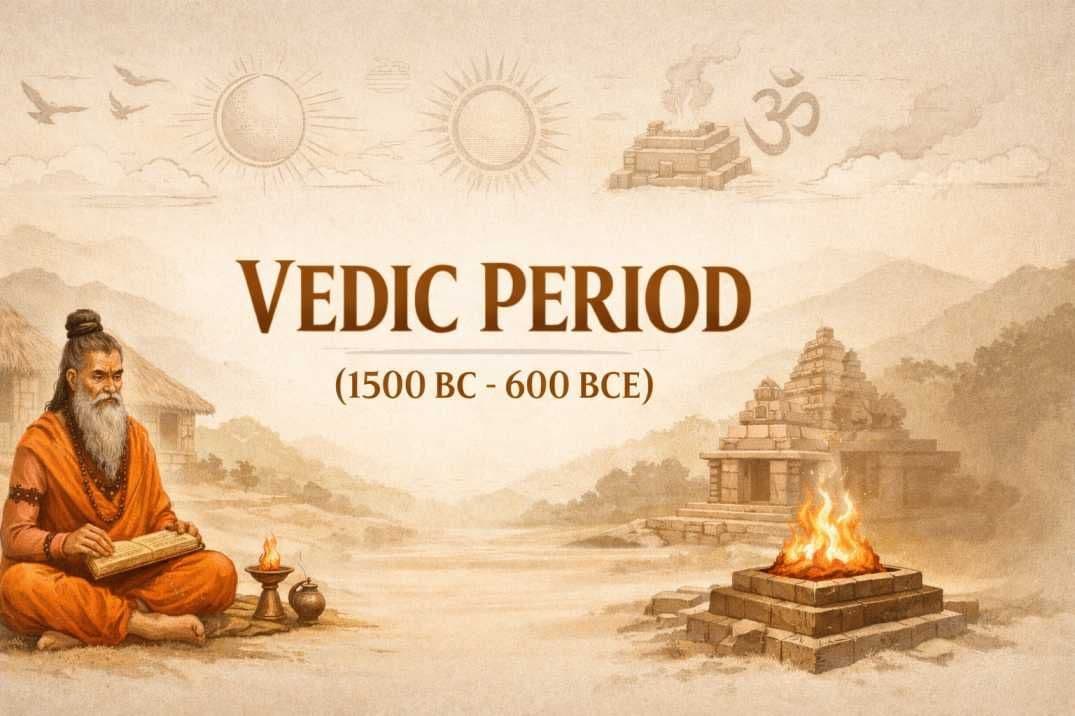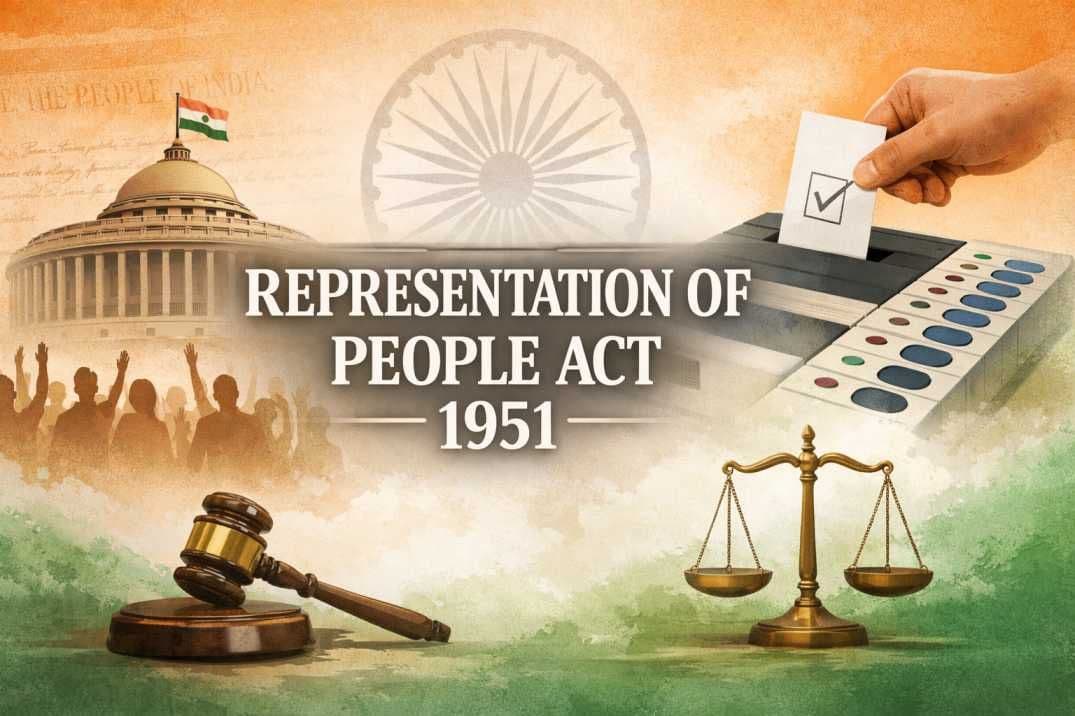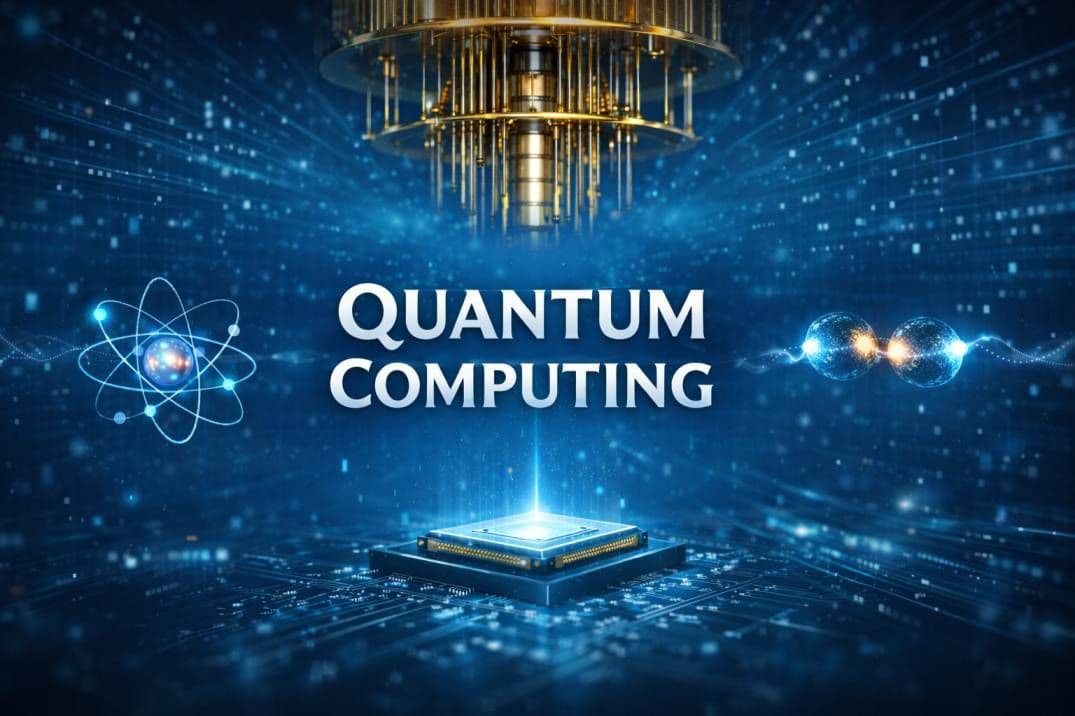Article 21 UPSC Notes: Protection of Life and Personal Liberty | UPSC Polity Fundamental Rights
Dec, 2025
•7 min read
Article 21 of the Indian Constitution is one of the most significant and widely interpreted provisions under Fundamental Rights. For UPSC aspirants, understanding Article 21 is crucial as it forms the core of Polity questions in Prelims and Mains (GS Paper II) related to the Right to Life and Personal Liberty.
In this blog, we’ll break down Article 21 in an exam-focused way, highlighting its meaning, evolution, and key judgments relevant for UPSC Polity.
What is Article 21 of the Indian Constitution?
Article 21 is a part of the Fundamental Rights (Article 12–35) and is described as “the heart of Fundamental Rights” by the Supreme Court of India. It protects every individual’s right to Life and Personal Liberty, ensuring that no one can be deprived of these basic rights except in accordance with the procedure established by law.
- Text of Article 21: “No person shall be deprived of his life or personal liberty except according to procedure established by law.”
- Applicability: It applies to both citizens and non-citizens.
- Objective: To prevent arbitrary actions by the State that can endanger an individual’s life or freedom. The State includes the government, its departments, local bodies, and legislatures.
- Meaning of ‘Life’: It does not mean mere physical existence but includes the right to live with human dignity.
- Meaning of ‘Personal Liberty’: It covers a wide range of rights related to individual freedom — movement, privacy, livelihood, and more.
Understanding the Difference Between ‘Procedure Established by Law’ and ‘Due Process of Law’
Both these terms relate to how the State can deprive a person of life or personal liberty, but they differ in how deeply they protect individual rights. Let’s understand them simply!
1. Procedure Established by Law
- This means that if a law is made by the legislature and follows the legal procedure, then the State can deprive a person of life or liberty according to that law.
- It checks whether a proper legal procedure exists and is followed, not whether the law itself is fair or just.
- This concept comes from Japan’s Constitution and was originally adopted by India in Article 21.
Example: Suppose Parliament passes a law allowing arrest without trial. If the law is validly enacted and the procedure is followed, it would be considered constitutional — even if it seems unfair.
2. Due Process of Law
- This goes beyond just following a procedure; it also checks whether the law itself is fair, just, and reasonable.
- It protects individuals from arbitrary or unjust laws, ensuring both fair procedure and fair content of the law.
- This principle comes from the U.S. Constitution.
Example: If a law allows punishment without giving the accused a chance to defend themselves, the court can strike it down as unreasonable and unjust, even if it was properly passed.
How India Interprets It Now
Originally, Article 21 only followed the Procedure Established by Law. But in the Maneka Gandhi v. Union of India (1978) case, the Supreme Court expanded its interpretation to include elements of Due Process of Law.
Now, any law that deprives a person of life or liberty must be:
- Just
- Fair
- Reasonable
Must read: Important Articles in the Indian Constitution Related to UPSC Functions and Powers
UPSC Prelims PYQs
QUESTION 1
GS
Easy
Indian Polity
Prelims 2024
Under which of the following Articles of the Constitution of India, has the Supreme Court of India placed the Right to Privacy?
Select an option to attempt
Evolution of Article 21 Through Judicial Interpretations
The Supreme Court, through landmark judgments, has interpreted Article 21 broadly and dynamically, making it a cornerstone of Fundamental Rights. Here’s a detailed evolution for UPSC aspirants.
1. Early Interpretation – Limited Scope
A.K. Gopalan v. State of Madras (1950)
- The Supreme Court held that “procedure established by law” under Article 21 was sufficient and did not require the procedure to be reasonable or just.
- Right to life was seen narrowly as mere physical existence.
2. Expansion of ‘Procedure Established by Law’
Maneka Gandhi v. Union of India (1978)
- This landmark judgment changed the landscape of Article 21.
- The Court ruled that procedure must be “just, fair, and reasonable”, merging the idea of due process with Indian law.
- Introduced the concept of wider personal liberty, emphasising that any law depriving life or liberty must pass the test of reasonableness.
3. Right to Livelihood
Olga Tellis v. Bombay Municipal Corporation (1985)
- The Court recognised that the right to life includes the right to livelihood.
- Eviction of pavement dwellers without alternative arrangements was held to violate Article 21.
4. Right to Health and Medical Care
Puttaswamy v. Union of India (2017)
- The Supreme Court declared the Right to Privacy as part of Article 21.
- Reinforced that personal autonomy, bodily integrity, and medical decisions are protected under life and liberty.
Consumer Education and Research Centre v. Union of India (1995)
- The right to health and medical care is recognised as integral to life.
5. Right to Education
Unni Krishnan v. State of Andhra Pradesh (1993)
- The Court held that the right to education is implicit in the right to life, later leading to the 86th Constitutional Amendment inserting Article 21A.
6. Right Against Custodial Atrocities
D.K. Basu v. State of West Bengal (1997)
- The Court laid down detailed guidelines to prevent custodial death and torture, strengthening personal liberty protections.
7. Right to a Pollution-Free Environment
Subhash Kumar v. State of Bihar (1991)
- The Court recognised environmental protection as part of the right to life.
- The right to clean air and water became enforceable under Article 21.
8. Right to Shelter and Dignified Living
Shantistar Builders v. Narayan Khimalal Totame (1990)
- Housing and shelter were recognised as part of the right to live with dignity.
Other Notable Expansions
- Protection of Cultural Heritage – P.V. Narasimha Rao v. State of Andhra Pradesh
- Right to Go Abroad – Maneka Gandhi v. Union of India
- Right Against Solitary Confinement and Inhumane Treatment – Various rulings under prison reforms
For UPSC aspirants, understanding these key cases and interpretations is critical, as questions often link Article 21 to human rights, fundamental rights, and judicial activism.
Also read: Lokpal and Lokayukta: UPSC Polity Notes
UPSC Prelims PYQs
QUESTION 1
GS
Easy
Indian Polity
Prelims 2024
Under which of the following Articles of the Constitution of India, has the Supreme Court of India placed the Right to Privacy?
Select an option to attempt
List of Rights Covered Under Article 21
Article 21, through judicial interpretation, has expanded to include several important rights:
- Right to Privacy
- Right to Livelihood
- Right to Health and Medical Aid
- Right to Education
- Right to Shelter
- Right to Go Abroad
- Right Against Exploitation
- Right Against Solitary Confinement
- Right Against Handcuffing
- Right Against Custodial Death
- Right Against Delayed Execution
- Right Against Public Hanging
- Doctors’ Assistance
- Protection of Under-Trials
- Right to Social Justice and Economic Empowerment
- Protection of Cultural Heritage
- Right to Pollution-Free Water and Air
- Right of Every Child to Full Development
This list highlights the wide and evolving scope of Article 21, making it central to the protection of human dignity and fundamental freedoms in India.
Must cover this key current affairs topic from Indian Polity for UPSC: Removal or Impeachment Process of Judges in India
Critiques and Challenges in the Implementation of Article 21
While Article 21 is widely celebrated as the “heart of Fundamental Rights”, it has faced certain criticisms, especially regarding its interpretation and implementation:
1. Over-expansion by the Judiciary
- The Supreme Court has interpreted Article 21 to include numerous derivative rights (like privacy, education, health, and environment), leading to claims of judicial overreach.
- Critics argue that the legislature should define these rights, not the judiciary.
2. Vagueness and Ambiguity
- Terms like “life” and “personal liberty” are broadly defined.
- This leaves room for subjective judicial interpretation, which can vary over time and cases.
3. Implementation Gap
- Despite constitutional protection, many rights under Article 21, such as the right to health, livelihood, and a pollution-free environment, are poorly implemented in practice.
4. Conflict with State Powers
- Expansive interpretation sometimes limits the State’s ability to enact laws for public welfare, economic development, or national security.
5. Resource Constraints
- Realising rights like education, healthcare, and housing requires substantial resources, which many states struggle to provide uniformly.
6. Potential for Litigation Surge
- Broad interpretation has led to frequent PILs (Public Interest Litigations), which some view as clogging the judiciary and delaying other cases.
How DPSPs Support Article 21 Rights Directive Principles of State Policy (DPSPs) guide the State in creating laws and policies that enhance the Right to Life and Personal Liberty under Article 21. For example:
DPSPs act as a policy blueprint, helping the State translate Article 21 rights into practical benefits for citizens. |
Must cover: DPSP UPSC Complete Notes: Articles, Classification, Features & Criticism
UPSC Mains Practice PYQ on Article 21
Right to privacy is intrinsic to life and personal liberty and is inherently protected under Article 21 of the Constitution. Explain. In this reference, discuss the law relating to the DNA testing of a child in the womb to establish its paternity. (UPSC Mains 2024)
Evaluate Your Answer NowWay Forward
While Article 21 has been a dynamic tool for protecting human dignity, its wide interpretation and practical challenges highlight the need for balanced judicial restraint and effective state action. Its effective implementation requires:
- Judicial Balance: Expand rights without overreach.
- Effective Governance: Implement health, education, and livelihood policies.
- Legal Awareness: Educate citizens about their rights.
- Adequate Resources: Fund programs under Article 21.
- Law Review: Align laws with evolving interpretations.
Judicial prudence, proactive state action, and citizen awareness ensure meaningful protection of Article 21 rights.
Start Your UPSC Journey Smarter with SuperKalam
Crack UPSC with AI-powered guidance, personalised feedback, PYQs and expert-curated notes — all in one platform.
Join SuperKalam Today and take your preparation to the next level!
Crack UPSC with your Personal AI Mentor
An AI-powered ecosystem to learn, practice, and evaluate with discipline
Download the SuperKalam App Now


